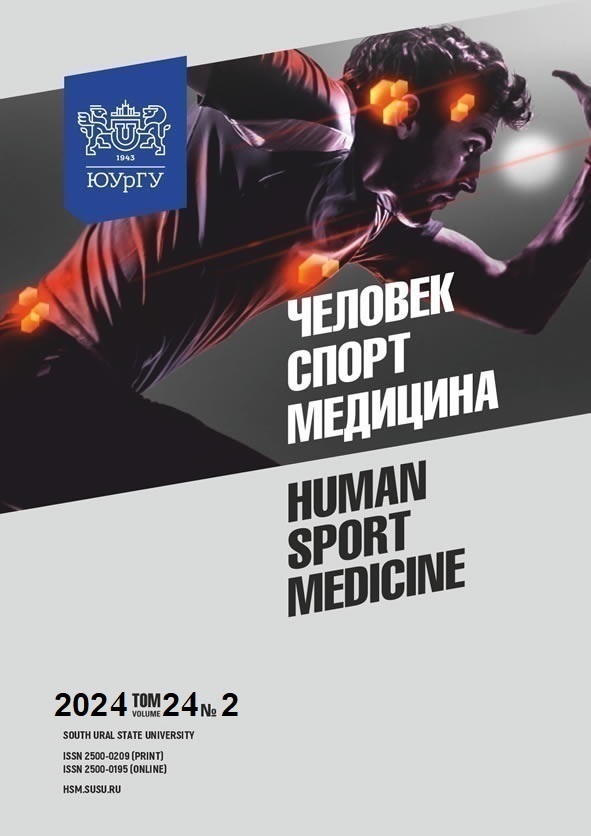BASIC TECHNICAL TRAINING EXERCISES FOR GYMNASTS DURING THE PHASE OF INITIAL SPORTS SPECIALIZATION
Abstract
Aim. The purpose of this research was to identify the basic gymnastic and discipline-specific skills essential for executing gymnastic exercises, devise strategies for their acquisition, and empirically validate the efficacy of the developed tools. Materials and methods. The study incorporated a comprehensive approach involving surveys of coaching staff (n = 50), expert evaluations of control exercises, and statistical analysis. The research sample consisted of 20 gymnasts aged 8–9 years, with an average training experience of 3.2 ± 0.7 years. In the preparatory part of the training session, the experimental group engaged with sets of basic exercises specifically designed to acquire basic skills. Results. Expert evaluations of the control exercises facilitated the assessment of skill acquisition, including maintenance of dynamic posture (3.6 ± 0.59 points), hand repulsion (0.22 ± 0.06 points), leg repulsion (2.9 ± 0.6 points), balance in stable positions (0.85 ± 0,51 points), hang swings and support swings (6.07 ± 1.3 points), stiff and soft landing (1.59 ± 0.62 points), and management of somersaults in unsupported positions (2.19 ± 0.9 points). The execution of basic exercises in the preparatory part of the lesson demonstrated their potential in fostering basic skills, as evidenced by significant differences between the control and experimental groups at the end of the study (P ≤ 0.05). Conclusion. The experiment resulted in enhanced technical and physical fitness among the gymnasts, underscoring the effectiveness of the proposed exercises.
References
References on translit
Copyright (c) 2024 Human. Sport. Medicine

This work is licensed under a Creative Commons Attribution-NonCommercial-NoDerivatives 4.0 International License.















